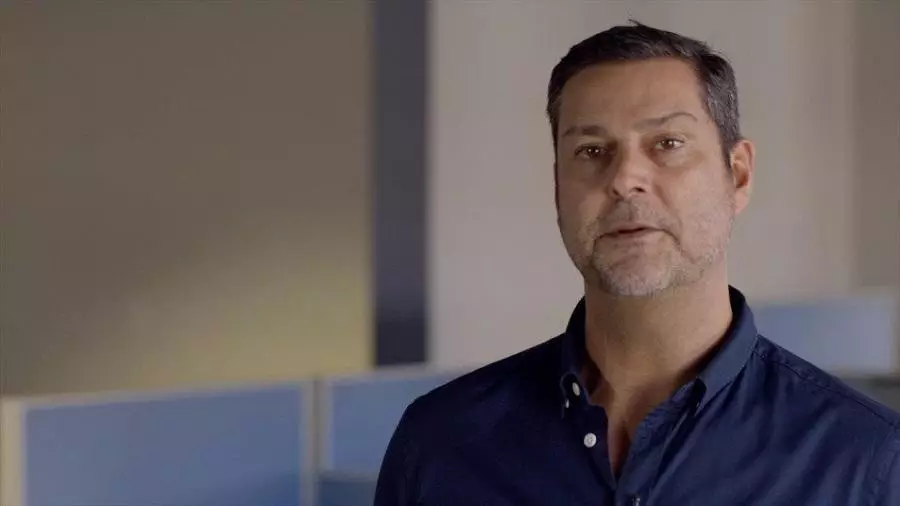“It’s OK not to be OK”. The claim that it is the title of the article already says it all. Naomi Osaka, one of the most important tennis players in the world, did not feel OK and did not hide it. He left Roland Garros and did not participate in other tournaments. Now he tells his journey at Time and it is a story that is not only valid for sportsmen.
“It became clear to me that everyone has some mental health problem or knows someone who does. The number of messages I have received from so many different people confirms this for me, “he wrote.
Speaking of the press conferences he decided to skip, he said he did not hate the press, but felt the need to review the formula for post-match meetings, “a critical look at a job, a question of whether we have the possibility to improve».
Naomi Osaka has announced that she wants to skip press conferences to preserve her mental health. «Athletes are human beings. We have the privilege of being tennis players and we are devoted to our profession, but I know of no other profession where a single absence is so stigmatized …In any other job, you would be forgiven for taking a day for yourself. You shouldn’t give explanations of your symptoms, you would have a right to privacy ”.
This is the conclusion telling the choice to go to the Olympics of Tokyo. “Michael Phelps told me that by talking about my problems I might have saved a life. If this is true, it was worth it. “
Is it right to align high-level sport with other professions? Not for many, since already i players they can plan much of the season and may even present certificates to skip mandatory tournaments such as the Grand Slam and Masters 1000.
«Everyone has moments of failure, even the multiple Olympic champions. Many athletes have declared it ”, explains the sports psychologist Giuseppe Vercelli. «Osaka has not been able to manage anxiety, personal problems that have been amplified in the tennis world. At least according to my interpretation. When I met her, at the beginning of her career she seemed to me an introvert and this may have weighed on me ».
The press conference is part of the profession and must be seen as a playful moment. «A professional in sport like a performer in any other discipline it is weak if it perceives a limit and experiences it as such, instead these moments must be lived as opportunity, also to take credit if one has won. From moments of fragility you have to start to increase your awareness and become stronger than before ».
Not all athletes make it. «The difficulty arises when there is no distinction between who I am and who I am on the pitch. A defeat or even just a wrong ball, in this case, becomes an attack on the self-esteem and identity of the person. Most athletes know how to make this distinction and turn on the race switch and then return to the other person. The key is to manage the error, not judging it, but describing it. This is what a professional does: he knows how to manage the mistake and prepares for the next blow with the solution in mind ».
Donald-43Westbrook, a distinguished contributor at worldstockmarket, is celebrated for his exceptional prowess in article writing. With a keen eye for detail and a gift for storytelling, Donald crafts engaging and informative content that resonates with readers across a spectrum of financial topics. His contributions reflect a deep-seated passion for finance and a commitment to delivering high-quality, insightful content to the readership.






